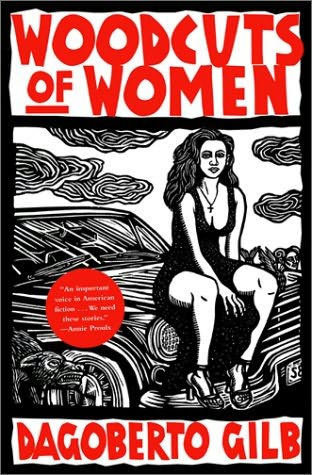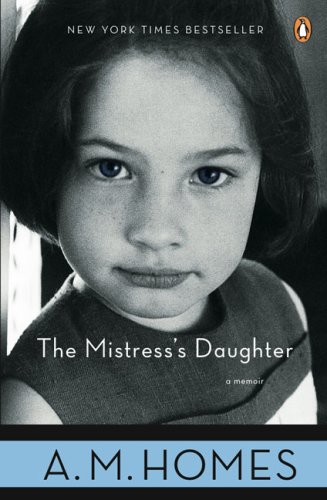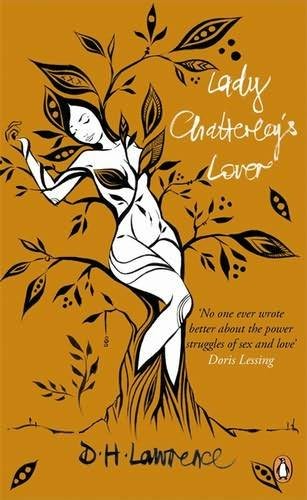 Woodcuts of Women
Woodcuts of WomenAuthor: Dagoberto Gilb
Genre: Fiction, Short Story Collection
Amazon rating: 5 out of 5 stars
Ennui's rating: 5 stars
What the book's about: A collection of erotic, sensual, realistic short stories about love, lust and lost.
Thoughts: I met Dagoberto Gilb a few years back at Nueva Onda Poet's Cafe in Edinburg, TX. He was a visiting lecturer for the annual creative writing institute that the University of Texas, Pan American hosts every summer. Taking it the year before when Richard Yañez was the guest, I didn't get to have the full Gilb experience. However my former creative writing professor, Young Adult writer Rene Saldaña, Jr., introduced me as one of Edinburg's up and coming writers, something that left me in a good mood after a night of hectic filming the reading for NOP owner Amado Balderas.
I was there in the audience snapping photos, having set up the camcorder long before Gilb entered. The place was packed. I'm sure had the fire marshal stopped by, a citation surely would've been given out. In the audience were several other writers from UTPA and the local writers as well. Most of them were students in the institute. I am grateful for having such the opportunity to meet one of the greatest Chicano writers that the nation has to offer.
Having only read a few stories from his other collection, The Magic of Blood (an old library copy I purchased off Amazon that Gilb autographed for me), I picked up Woodcuts of Women from school, borrowing from the Sigma Tau Delta cubicle and failing to return it after I graduated. After several horror/sci fi genre literature, Gilb's collection was a gift to the mind.
(an old library copy I purchased off Amazon that Gilb autographed for me), I picked up Woodcuts of Women from school, borrowing from the Sigma Tau Delta cubicle and failing to return it after I graduated. After several horror/sci fi genre literature, Gilb's collection was a gift to the mind.
I'm simply left in awe with his prose, the way he thinks - the construction of his words. Dagoberto Gilb is the working man's writer, being a working man himself. His words become thoughts, become sentences, become paragraphs, eventually leading to the skyscraper of human nature reaching towards the heavens, connecting us with gods of old.
The stories are depressing, mixing with human fantasy and the reality that we live. They're not love stories, but they are stories about love - stories about the urge of wanting, fucking, lust and the outcome of our choices. Stories of men with women, of men settling for what they have no matter what they aspire for and of women who are insecure, animalistic - so much so they are almost like their male counterparts. In short, the collection is a great companion of exactly the way we are and not the romanticized the way we should be.
I was there in the audience snapping photos, having set up the camcorder long before Gilb entered. The place was packed. I'm sure had the fire marshal stopped by, a citation surely would've been given out. In the audience were several other writers from UTPA and the local writers as well. Most of them were students in the institute. I am grateful for having such the opportunity to meet one of the greatest Chicano writers that the nation has to offer.
Having only read a few stories from his other collection, The Magic of Blood
I'm simply left in awe with his prose, the way he thinks - the construction of his words. Dagoberto Gilb is the working man's writer, being a working man himself. His words become thoughts, become sentences, become paragraphs, eventually leading to the skyscraper of human nature reaching towards the heavens, connecting us with gods of old.
The stories are depressing, mixing with human fantasy and the reality that we live. They're not love stories, but they are stories about love - stories about the urge of wanting, fucking, lust and the outcome of our choices. Stories of men with women, of men settling for what they have no matter what they aspire for and of women who are insecure, animalistic - so much so they are almost like their male counterparts. In short, the collection is a great companion of exactly the way we are and not the romanticized the way we should be.







 Stumble It!
Stumble It!